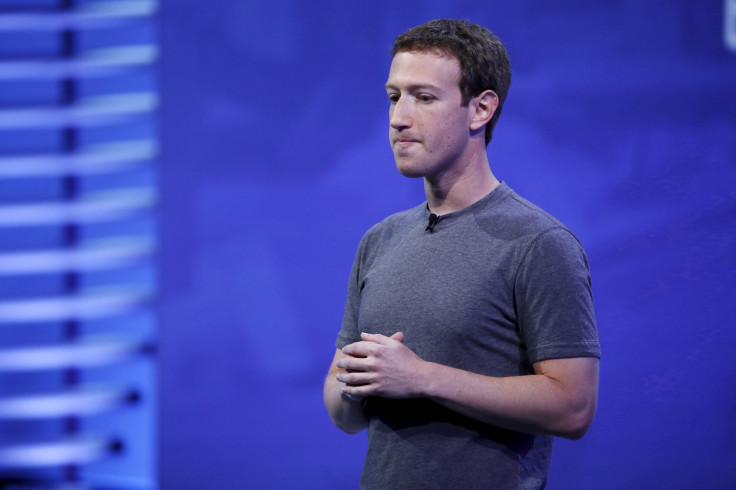Did Trump Win Because Of Fake News On Facebook? Swedish Official To Take On Social Network For Spreading Hate Speech

Days after a Swedish comedian sent Facebook co-founder and chief executive Mark Zuckerberg an open letter disparaging the social network’s allowances of hate speech and false news, the country’s culture minister told the local Expressen newspaper Thursday that she planned to invite the tech billionaire overseas to discuss the issues.
“I am convinced that they do not want to be an arena for threats, hate and false news,” Alice Bah Kuhnke told the paper’s culture section. She added that the spread of hateful messaging and baseless stories on Facebook “has gone over the limit” and that if the Menlo Park, California-based company doesn’t make any changes, Sweden and its Nordic neighbors “are prepared to take the next step.”
Jonas Gardell, a famed Swedish comedian and author who is openly gay, urged Zuckerberg to consider hiring an editor or publisher who “takes responsibility” for verifying false information propagated on the social network, and pointed to the presidential election victory of Donald Trump as a consequence of Facebook’s present lack of an editorial filter. Gardell called Trump “godless” and told Zuckerberg he should be “ashamed of the lies” the social network allowed to spread in the months leading up to the election.
"You must be ashamed – or we all are lost" An open letter to @facebook CEO Mark Zuckerberg from @Jonas_Gardell :https://t.co/PZ99WqfbVZ pic.twitter.com/UFF8FgMsc9
— Expressen Kultur (@ExpressenKultur) November 30, 2016
According to Facebook’s Help Center, the social network defines hate speech as “content that attacks people based on their actual or perceived race, ethnicity, national origin, religion, sex, gender identity, sexual orientation, disability or disease,” and makes exceptions for jokes considered to be “a possible threat or attack” or simply “in bad taste.” Facebook pledges to remove content and accounts that pose physical safety risks, according to its Community Standards page, and offers directions for reporting abuse.
As for the issue of false information, Facebook followed Google Inc.’s lead in mid-November when the social network updated its Audience Network policy to specifically ban the display or integration of “fake news” in its apps or websites.
The debate over social networks’ role in the spread of hate speech and misinformation paraded as facts has gained steam in the wake of the Nov. 8 election, as many—even Facebook executives themselves—pointed to the social network as a generous platform for false stories that may have influenced the way Americans voted.
Facebook did not respond to inquiries from International Business Times by press time.
© Copyright IBTimes 2024. All rights reserved.





















